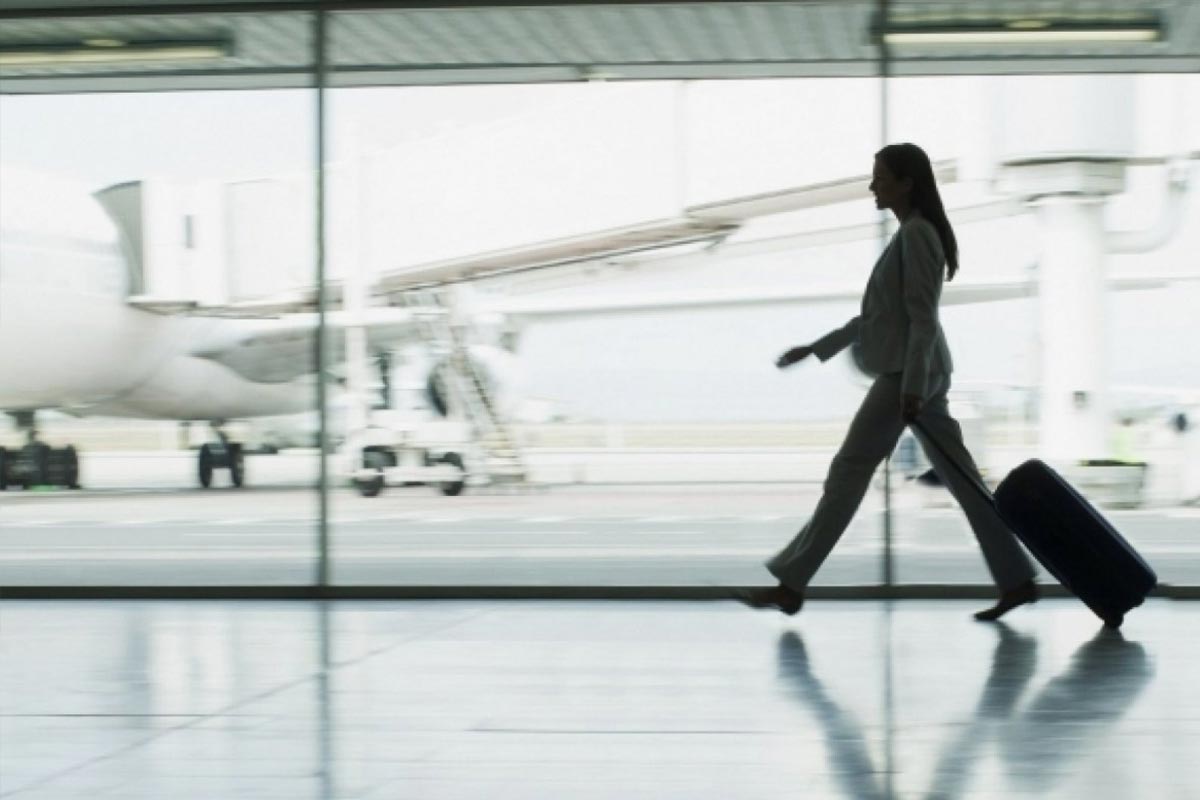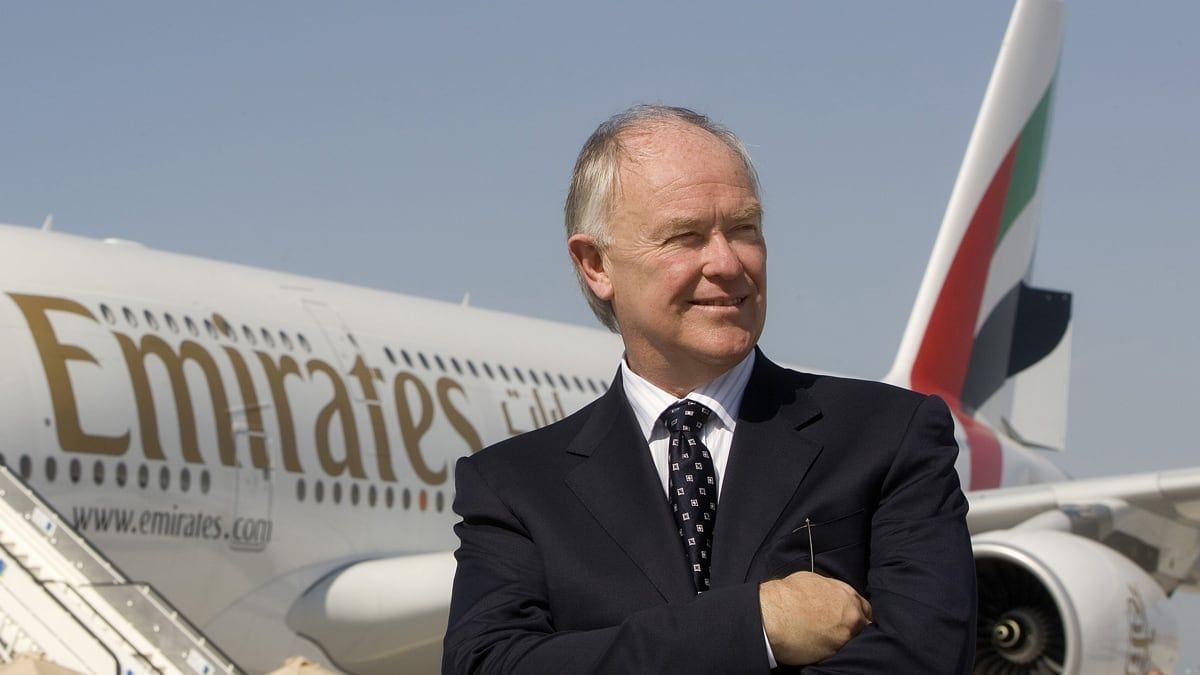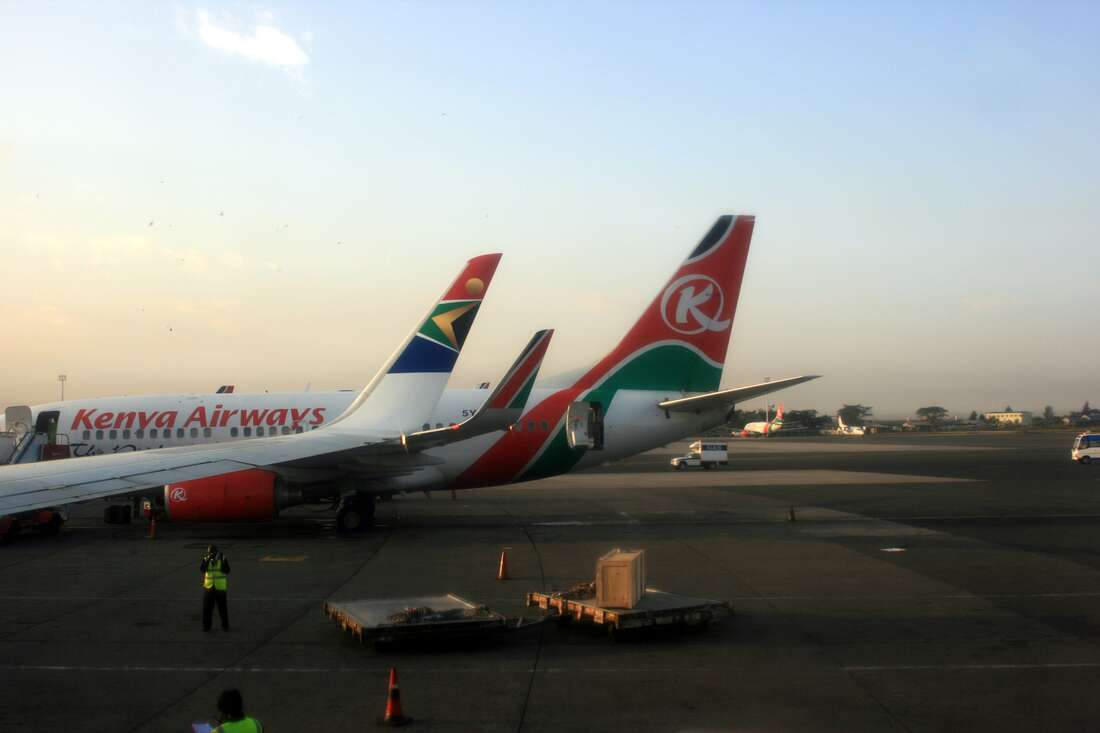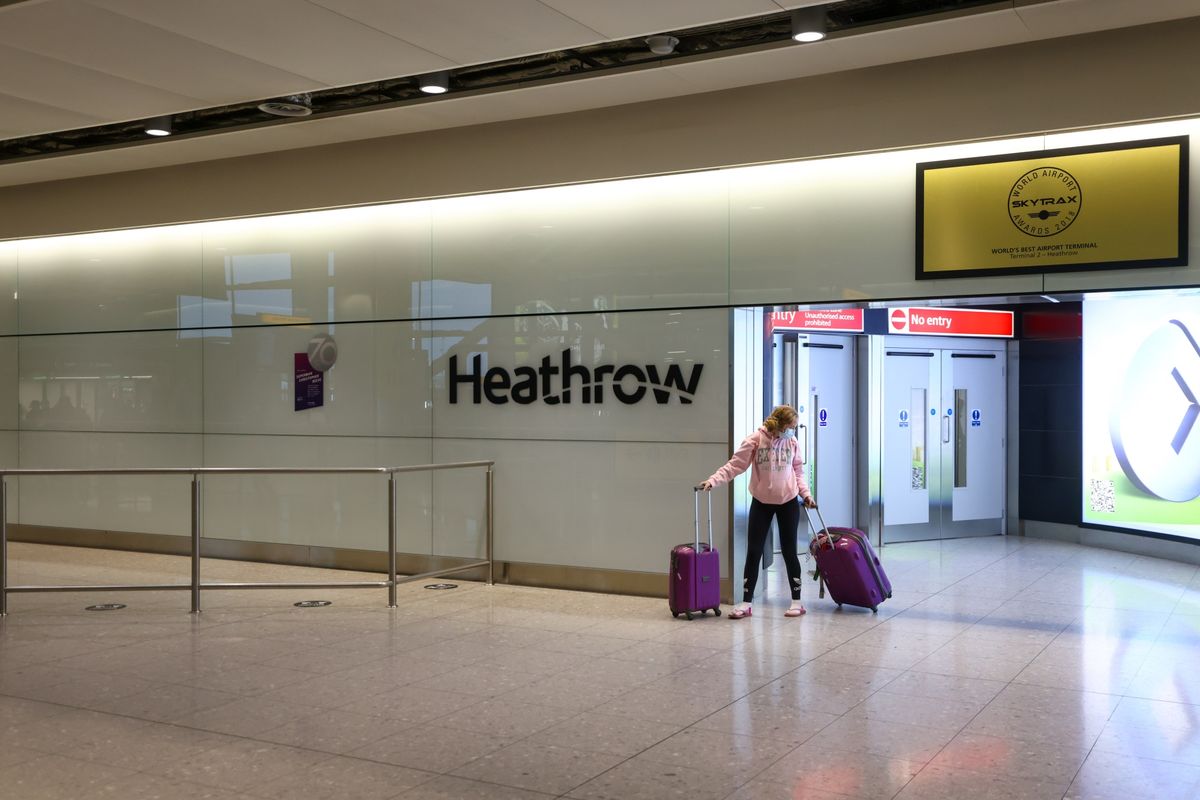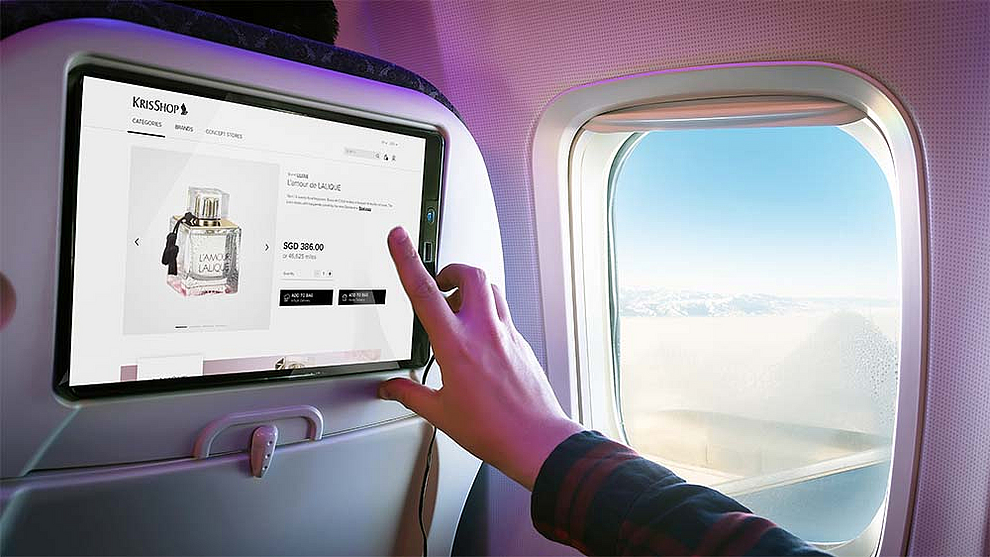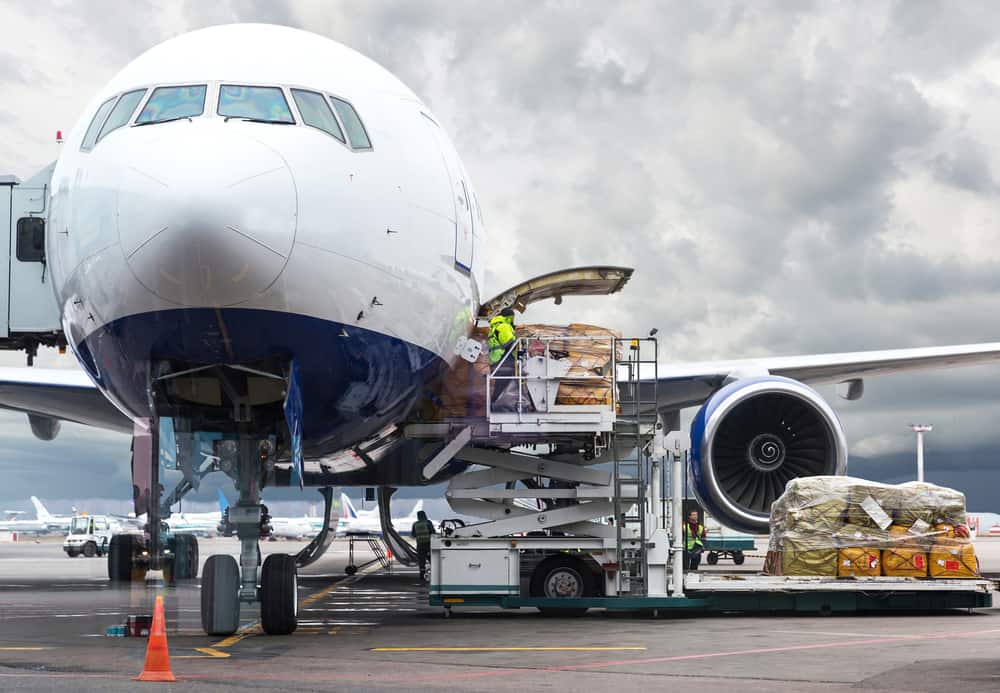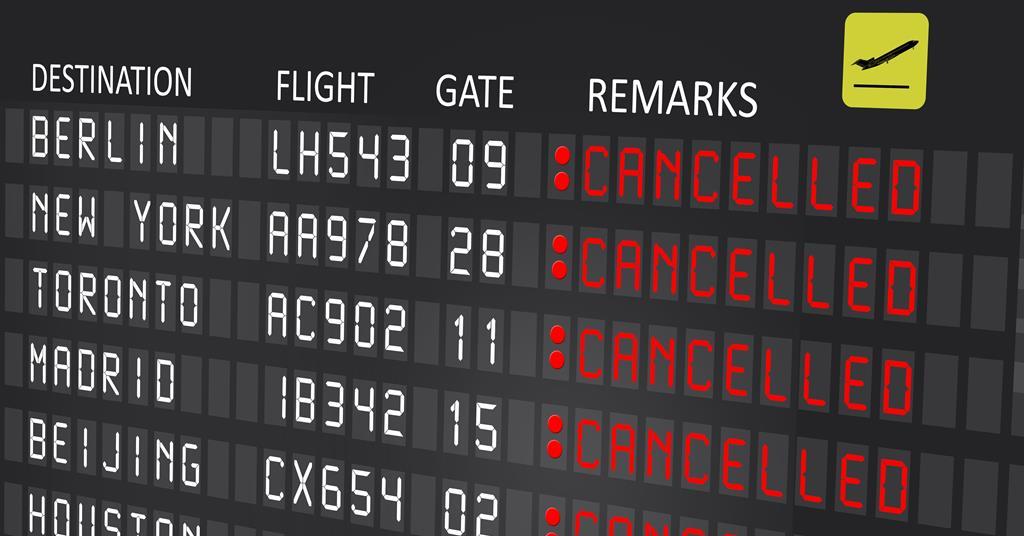The A380 super jumbo has many supporters around the world, but none quite as vocal and powerful as Tim Clark, the president of Emirates, by far the largest operator of the aircraft.
The Dubai-based airline purchased nearly half of all A380s ever produced and now has 118 in its fleet, about 80 of which are currently flying.
The entire fleet will be back in the air by spring of next year, as part of a resurgence that has seen the super jumbo reintroduced into service with many of its operators, after the pandemic led many to believe it was ready for retirement.
“The notion that the A380 was a spent force was always a little bit of a difficult one for us to swallow,” Clark told CNN Travel in an exclusive interview.
“I was chuckling to myself, thinking ‘Wait and see.’ We started flying the A380 into Heathrow six times a day in October of last year, and we haven’t had a [free] seat on any of them since.”
The airline will start refreshing the interiors of almost 70 of its A380s later this year, adding a new premium economy class that will slightly reduce passenger capacity from 519 to 484.
The most distinctive feature of Emirates’ super jumbo, however, will remain the legendary shower spa, which offers first class passengers the luxury of a full-fledged shower at 35,000 feet.
There are two such suites, at the front of the upper deck, and Emirates is the only airline to offer them, after Clark explicitly requested them during the final design phase of the plane, in the early 2000s.
“Airbus had come up with a fairly sad possibility of putting benches and having little lounges there, but the notion that you would have bathrooms with showers and all the other bits and pieces was an interesting one,” he says.
“It was a bit of a risk for us, but these were dead spaces which we couldn’t generate income from. I realized that actually they would be hugely popular.”
Convincing Airbus to install them, however, wasn’t easy.
“We designed the showers and then went to Airbus, who were very much arms folded at that time,” Clark adds.
“But prior to the A380’s launch, the marketing program showed double page spreads with avenues of shops, lounges and cafes, so naturally I said, ‘that shouldn’t be a problem for you.’
“Clearly it was, but because we were such a big buyer, they complied. And it’s no mean feat trying to get water up two decks, keep the pressure up, the heating and all that.
“But we succeeded, they worked with us, and the rest is history. People talked about these showers for years and they still do.”
Clark has long lamented the fact that neither Airbus or Boeing plan to build a new plane the size of the A380.
Currently, the largest planes offered by the two leading manufacturers are the Airbus A350-1000 and the upcoming 777-9, which both seat just over 400 people in a standard configuration.
However, deliveries of these planes have been delayed and Clark believes they are too small to replace the A380 in Emirates’ fleet.
“The math tells you that you need a big unit, much bigger than we’re getting at the moment,” he says.
“The biggest one will be the 777-9, whenever that comes to market, which in our configuration [will seat] 364 people against 484 on the A380s with our new premium economy. And it was 519 before, so you get where I’m coming from.”
The “math” Clark refers to comes from demand for air travel, which he says was growing by about 4.5% per year before the pandemic.
Assuming that curve is recaptured, it would take just 10 to 15 years to see demand increase by half.
“Even with multiple 787s and A350s all busy flying around the world, I still don’t get how you will pick up that growth curve,” says Clark.
“Supply will be suppressed, demand will continue to grow, and when that happens prices rise, it’s inevitable.
“If you take the A380s out of the frame by the mid-2030s, how are you going to make it work? Do we see massive upgrades of airfields or new airfields?
“At Heathrow, they can’t even agree on the third runway. [Amsterdam’s] Schiphol has just reduced the number of landings and takeoffs that they will allow. So, one wonders, how would this demand be accommodated?”
‘Open fan’ engine
Clark’s answer is a new plane as big as the A380, if not bigger, with modern features such as lightweight composite materials and more efficient engines.
“Is it possible to redesign a new A380? Yes. Is it possible to lighten the aircraft? Yes. When they brought this aircraft to market, composites weren’t really [widespread],” says Clark.
“Imagine a composite wing and a predominantly composite fuselage. Imagine engines that are giving you a 20 to 25% improvement compared to what you get today.
“So you get a lighter aircraft, far more fuel-efficient, which ticks all the boxes as far as the environmentalists are concerned.”
One of the A380’s biggest drawbacks are its four engines, which are inefficient to today’s standards and fuel prices. A new version would require an entirely new engine technology.
Clark says there are “very interesting studies” going on in this field, but he adds that most of the research over the last 20 years has been focused on narrow-body aircraft.
An “open fan” engine, which appears to be a propeller but is actually a larger, unducted version of the fan found inside every modern jet engine, is one of the most promising new types of engines and could cut fuel consumption and emissions by as much as 20%.
It will be trialed on an A380 test plane.
However, it’s not meant for the aircraft: Brand new planes will need to be designed to fit these engines, and at least in the beginning, they will most likely be single aisle aircraft, similar to the 737 and A320.
“We’re trying to get everybody working on the big fans for the bigger aircraft as well,” he says.
“If you can get them to do what I think they could do in terms of fuel efficiency and power, then you have the makings of an airplane that would match or beat the economics of the [twin-engine aircraft] that we see today, by quite a long way.”
The problem with this plan is that just like the A380 wasn’t popular with airlines, a similarly sized successor likely wouldn’t be.
“Do I think that airlines will step up and sign up to this project? Doubtful at this stage,” says Clark.
“On the one hand I’m very keen to take a good hard look at this, on the other I’m not optimistic that the stakeholders in the ecosystem are up for it.
Looking to the future
“The airline industry is, rightly so, populated with people who are conservative in nature, because they’ve lost their shirts — this has been a seriously bad time for air travel.
“But now, things are starting to look a lot better, demand is back. So they have the ability to think hard about the future.
“Whether they’ve got the appetite for it, I don’t know. I know we have it.”
Geoff Van Klaveren, an aviation analyst and managing director of advisory at independent aviation consultancy IBA, agrees with Clark that there’s a need for a larger plane, but also that it won’t be easy to get one.
“There’s definitely room for a Boeing 747 replacement, but I don’t believe there’s enough demand to start a program for an aircraft larger than the A380.
“A very large plane is key to Emirates’ business model, because 70% of their passengers connect to other flights, but I don’t think Airbus or Boeing will build one just for them,” he says, adding that the most likely outcome is that even larger, higher capacity variants of the A350 and the 777 will be made instead.
However, Clark will not be moved.
“I’ve spoken to Airbus more than once,” he says. “I think they’re beginning to take it a little bit more seriously, but at the moment they are concentrating on their single aisle planes and the A350 line.
“I suspect people like [Airbus CEO] Guillaume Faury really would like to see something like this and recognizes what I could call the commercial imperative for it.
“But he is very much a technologist and will only do what his engineers and the technology will allow him to do.”
Looking at the post-pandemic travel chaos that is causing canceled flights, endless security lines and heaps of lost luggage, Clark isn’t very optimistic.
“I think you’ll see a continuation of this until the summer of next year,” he says.
“We are not out of the woods by any stretch of the imagination. And as more markets like China, Japan and Korea open up, they will exacerbate the problem, unless the likes of Heathrow, Frankfurt and Amsterdam get their act together and start getting people into place.”
The Emirates boss says he’s amazed at the resilience of the traveling public for putting up with all of this, but they’ll have to be patient for a while longer.
“I see strong demand for the next year,” he adds. “It’s a patchy one, but my instinct is telling me the airline industry will be okay in a year’s time and things will gradually become good when we get back into equilibrium — middle of next year, or end of next year.”
Source: CNN



